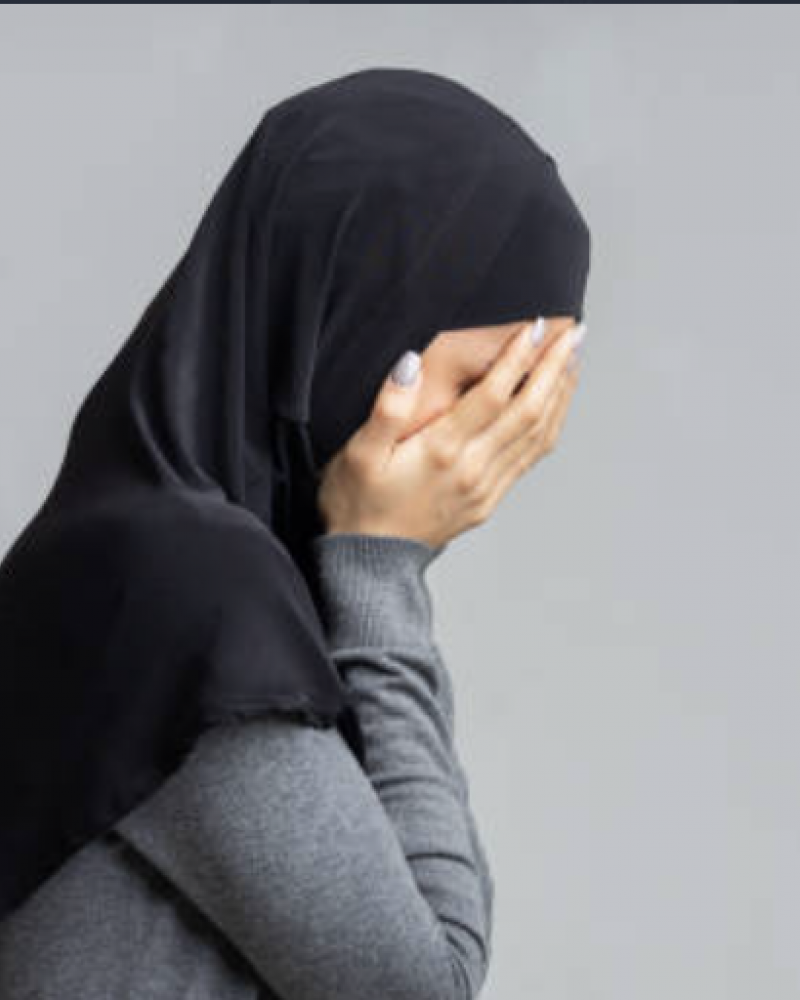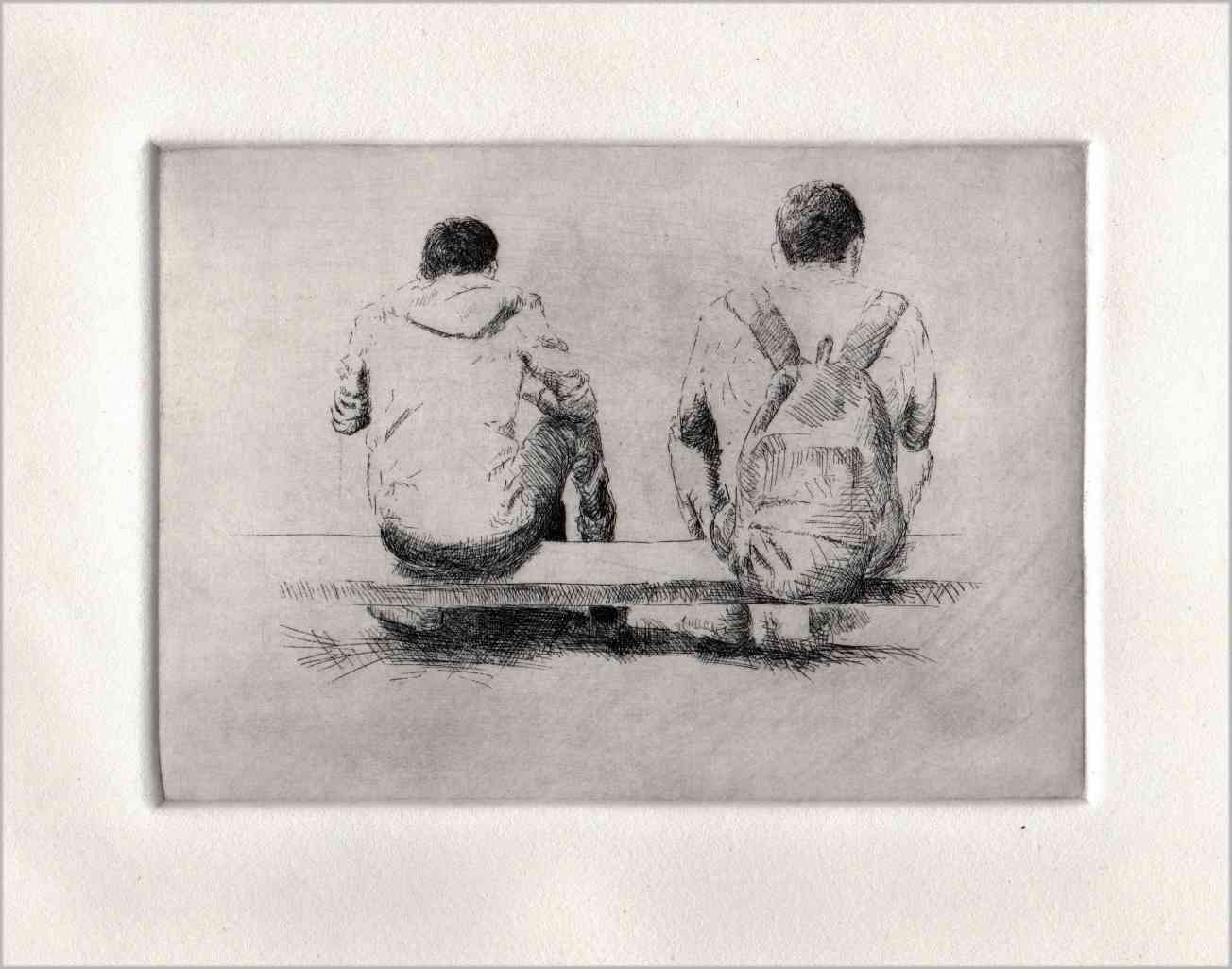You are Human, You Have to Feel Things

I had to remind myself who I am. No matter where you are, how old you are, how lonely you feel, and what mental state you are in, you are yourself.
My name Mahsa. I am from Afghanistan. I came to the United States in 2018. It is my dream to study medicine in the United States.
I had a beautiful childhood. I had so many friends, we played so many games. I had loving parents and family. I have a lovely older sister.
When I was very young, my mother went to the US on a Fulbright Scholarship. She would call us on the phone and tell us how education was so developed there. She inspired my excitement about education and especially universities in the US.
I started medical school in Afghanistan in 2015. I studied for 2 and a half years. By then, the security status in Afghanistan was not good. It’s even worse now. In 2018, we came here. And it was hard. I wasn’t excited as I thought I would be. Leaving family, relatives, friends, and medical school in Afghanistan was hard. It took me a while to start living here the way I wanted to, the way I had thought it would be in my dreams.
I talked to a friend, who had resettled in another country. She said, “I’m gonna tell you something. It will all get better. But remember, the first months are going to be difficult. You will feel homesick. And I just want you to remember that it will pass.”
In school in Afghanistan, I was a person who was really involved in so many things. I loved learning new languages. I competed in national and international competitions and won medals in poetry and math and science. I had many connections. I had many friends. I was becoming a doctor. I had everything, and it was very very hard to feel like I have nothing here. For the first two months, I just cried every night. I would go to a room and close the door and just start crying.
My family tried to help me overcome this feeling, but it took me a while to remember who I am and what I want to do. This feeling of being homesick, I felt it in every cell in my body. And I let myself feel those feelings. If I wanted to cry, I cried. If I wanted to talk, I talked. Anxiety and depression can be a cycle, and I knew I had to get out of it. So I let myself express my feelings.
And I took my time getting started on my goals. You don’t have to rush into things and be only happy and excited when you come into a new country. It’s not very often you see somebody who says, “I left everything and now I’m happy!” I don’t think that happens. You are a human, you have to feel things.

There were many people in the community who wanted to help, people who have stories like mine but also people who aren’t refugees themselves who also want to help. Even if they aren’t a refugee, they understand me. As a refugee, you have to know that you belong in this country, and that it’s okay to ask for help. I met a lot of people who are like me, so I knew I was not alone.
I had to remind myself who I am. No matter where you are, how old you are, how lonely you feel, and what mental state you are in, you are yourself. So I had to remember what values I have and what my passions are.
School and work also helped me. I started medical school in January 2019, and also started working as a cashier part-time. This reminded me that I want to become a doctor, and that I love helping people. I will do good here. I will do it for my community I have here.
I wish that when I had arrived, there was a mental health network for refugees. The first days and weeks that a refugee arrives are the hardest. In the first days, you don’t have insurance, and it takes time to apply for Medicaid and everything. I wish there were mental health facilities that could help you from the day that you arrive. It’s as important as any other need, as important as housing or food.
I’m grateful for those people who were caring and compassionate enough to offer their help to me. You don’t have to be someone special or famous to help another person. Every human needs to ask for help from another human. That’s why we are all living in the same wide planet.
This idea, for every immigrant and refugee, of starting from scratch, this is a big thing. They shouldn’t feel like they are not enough. They should feel proud of their bravery. Each person brings something special with them from their culture and their country. So my advice to every refugee is to take your time, and then stand up.
Our team members obtain informed consent from each individual before an interview takes place. Individuals dictate where their stories may be shared and what personal information they wish to keep private. In situations where the individual is at risk and/or wishes to remain anonymous, alias names are used and other identifying information is removed from interviews immediately after they are received by TSOS. We have also committed not to use refugee images or stories for fundraising purposes without explicit permission. Our top priority is to protect and honor the wishes of our interview subjects.